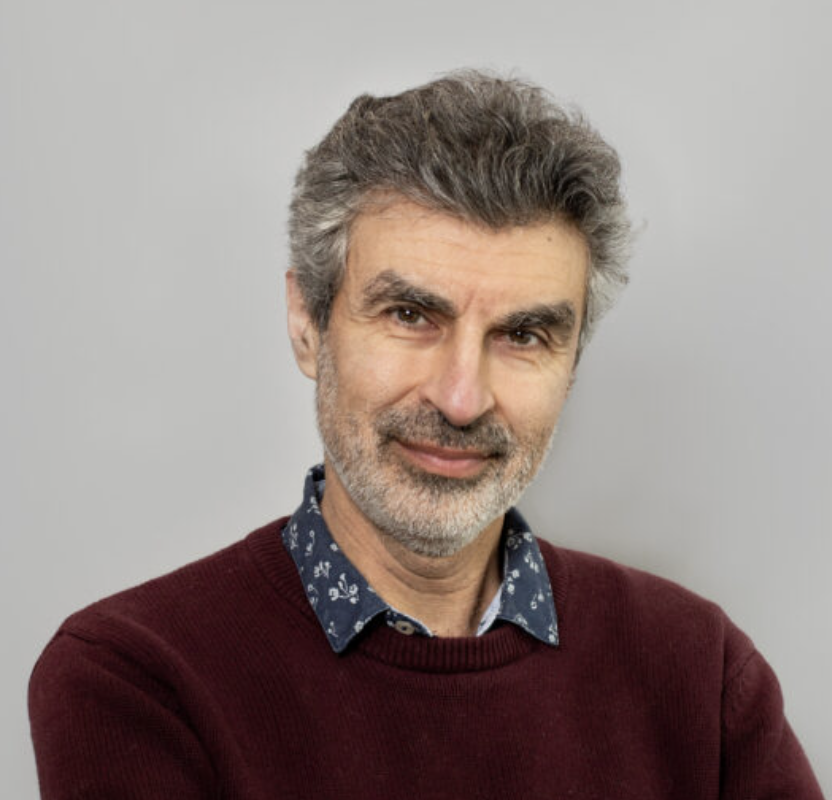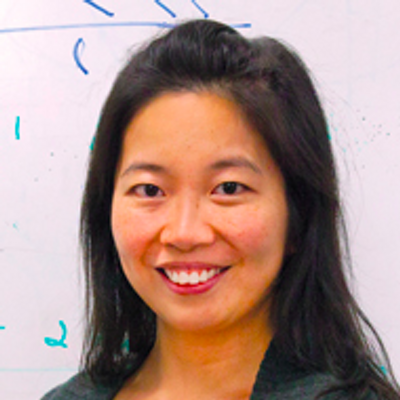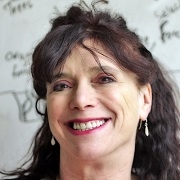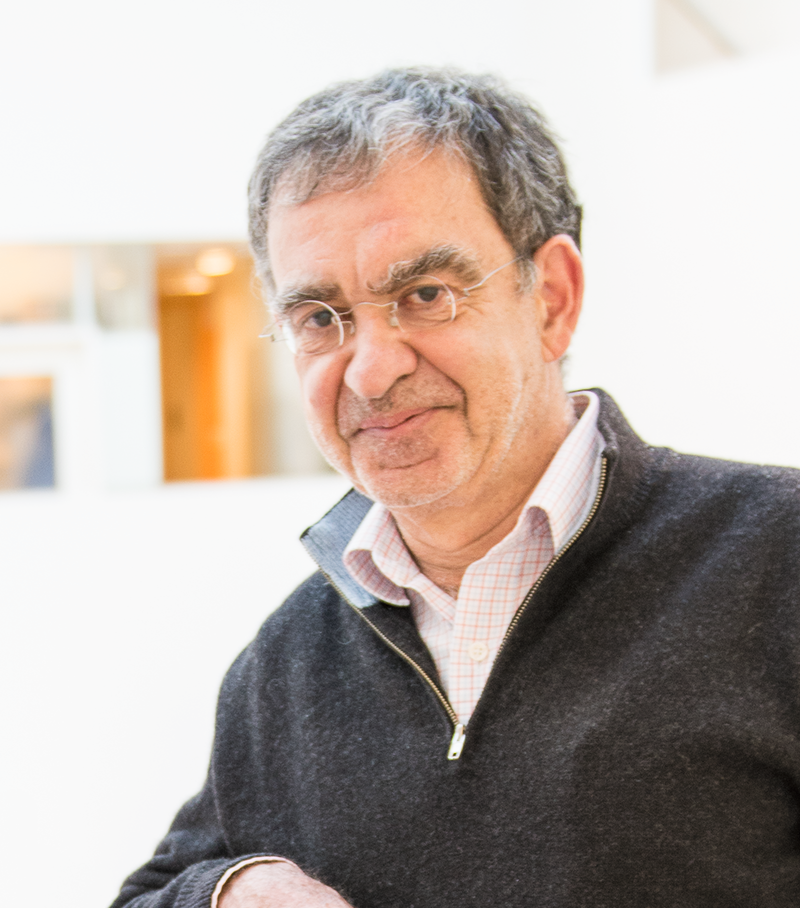About
Machine learning (ML) has revolutionized a wide array of scientific disciplines and solved problems that were unsolvable before: predicting protein structure, imaging black holes, automating drug discovery, and so on. Despite this promise, we observe the following gaps that stifle advancement:
-
Gap 1: Unrealistic methodological assumptions or directions. While ML researchers strive for methodology advances, they often make unrealistic assumptions that limit real-world adoption. For example, most state-of-the-art molecule generation ML models generate molecules that have low synthesizability.
-
Gap 2: Overlooked scientific questions. Scientific communities contend with crucial and unsolved problems but they are not formulated in the ML language and can thus be overlooked by the ML communities. For example, how can theoretical physical laws be parameterized to re-discover or discover new ones?
-
Gap 3: Limited exploration on the intersections of multiple disciplines. Solutions to grand challenges often stretch across multiple disciplines. For example, protein structure prediction requires collaboration across physics, chemistry, biology; single-cell imaging of whole-tumor can be approached by cosmology algorithms that connects cells as stars.
-
Gap 4: Science of science. The principles of scientific methods have been unchanged since 17th century. How AI can facilitate the practice of scientific discovery itself is often undiscussed. For example, instead of the multiple hypothesizing-experimenting cycles to make sense of a phenomena, can AI reason and output nature laws directly?
-
Gap 5: Responsible use and development of AI for science. Interest in ML across scientific disciplines has been growing, but few ML models have progressed to routine use in practice. We plan to present a roadmap and ultimately guidelines for accelerating the translation of ML in science. To be successful, translation will require a team of engaged stakeholders and a systematic process from beginning (problem formulation) to end (widespread deployment).
However, little work has been done to bridge these gaps, mainly because of the missing conversations among the scientific communities. While we see many workshops focus on AI for individual scientific discipline, they all focus on method advances in a single field and are unable to answer the above important questions. Thus, this workshop is born to fulfill this unmet need. Particularly, the goal of this workshop aims to bridge each of the above gaps via:
- Discuss directions in ML that are likely/unlikely to have an impact across scientific disciplines and identify reasons behind them.
- Bring to the front key scientific questions with untapped potential for use of ML methodological advances.
- Pinpoint grand challenges at the intersection of multiple scientific disciplines (biology, chemistry, physics, neuroscience, etc).
- Highlight how ML can change or complement classic scientific methods and transform the science of scientific discovery itself.
Attendance
We welcome people with diverse background and level of experience to attend our workshop. The attendance is not contingent upon paper submission. Consider to apply for a travel award.
Follow Us
Please follow us on Twitter and LinkedIn for the latest news, or join us on the Slack for active discussions.
Invited Talks (In alphabetical order)












Important Dates (Anywhere on Earth)
Submission Deadline: Sep 18, 2021Abstract Deadline: Sep 18, 2021Submission Deadline: Sep 25, 2021Author Notification: Oct 22, 2021Travel Award Application: Nov 1st – Nov 21st, 2021- Conference Date: Dec 6-14, 2021
- Workshop Date: 08:00 AM – 06:00 PM (EST), Dec 13, 2021
Organizers and Contact
Organizers are in the alphabetical order. For any question, please contact ai4sciencecommunity@gmail.com.